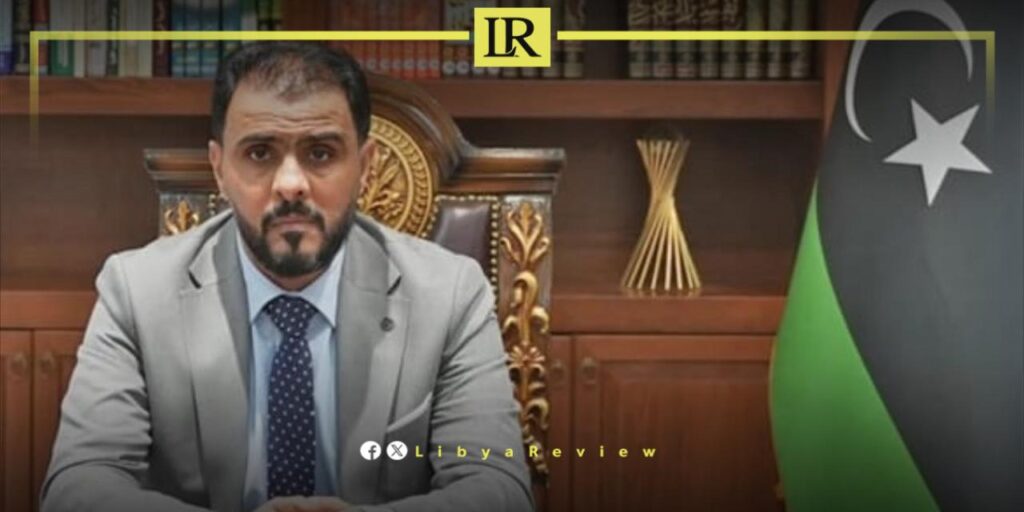The Libyan Parliament-designate government led by Prime Minister Osama Hammad strongly condemned the latest briefing delivered by the Deputy Prosecutor of the International Criminal Court (ICC) before the UN Security Council, arguing that it violated the Rome Statute and represented a direct infringement on Libya’s sovereignty and the independence of its judiciary.
In a statement issued on Wednesday, the government of Osama Hammad described the briefing as an “unacceptable interference” in Libya’s internal affairs and an overreach of the ICC’s mandate. The government warned that the approach adopted in the briefing risked deepening the Libyan crisis and undermining the principles upon which the Court was founded.
The statement urged an immediate end to what it labelled “abusive practices”, stressing the need to safeguard national courts from any attempt to undermine their jurisdiction. It called for firm action to prevent any step that could erode Libyan sovereignty or impair the authority of the national judiciary.
As part of its response, the government announced several judicial measures. These included an urgent order issued on 28 July by the South Benghazi Primary Court, suspending the decision of the Government of National Unity (GNU) to accept ICC jurisdiction in Libya. The ruling was formally communicated to the ICC via the Ministry of Foreign Affairs.
Furthermore, the First Administrative Chamber of the Benghazi Court of Appeal ruled on 21 October in case No. 2025/351m to halt the execution of the GNU’s decision. On Wednesday, this judgment received executive status and became legally enforceable.
The government stressed that the GNU lacks any constitutional authority to transfer national judicial powers to an international body, describing its actions as a violation of Libyan law and an encroachment on the powers of the Attorney General. It also recalled that the ICC itself ruled in 2014 that Libya is both willing and able to conduct genuine prosecutions, reaffirming the principle of complementarit.


